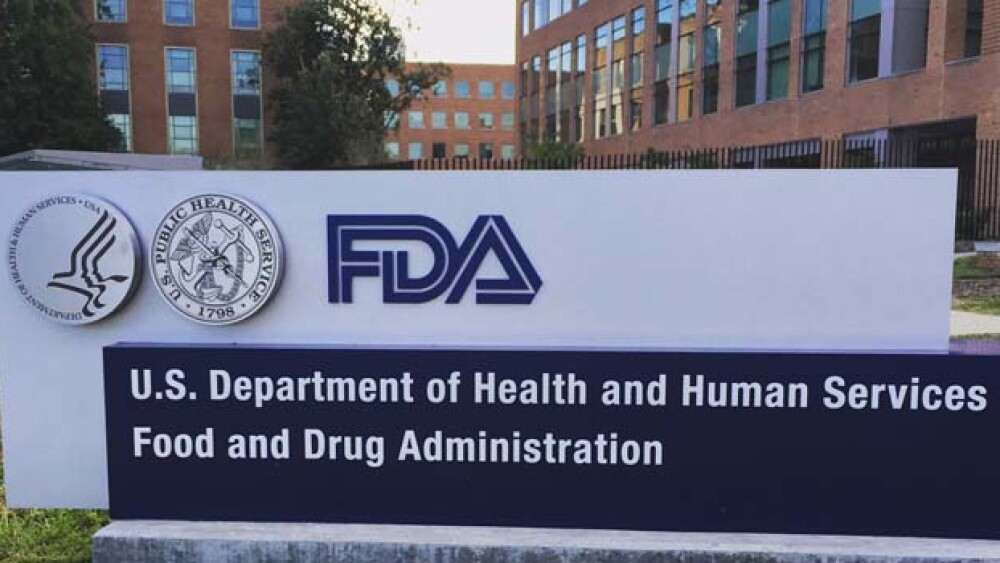The new designation could speed up the time for approval and could also provide a period of market exclusivity for generics of branded medicines that have no competition.
The U.S Food and Drug Administration (FDA) has created a new pathway for the accelerated review of generic drug applications. The plan is part of the regulatory agency’s efforts to increase competition and lower drug prices in the United States.
In an announcement on Friday, FDA Commissioner Scott Gottlieb said the agency has been taking steps to support “downward pressure” on drug pricing, which means that they want to influence increased competition through more generic drugs. Gottlieb said there are many branded drugs on the market that have no generic competition, which may keep prices high and “ultimately hurt American patients.” Gottlieb said the FDA understands that some branded drugs may not attract enough interest from generic drugmakers or the drugs may be too complex and therefore more difficult to copy.
Gottlieb said the FDA is working to reduce barriers to generic development and to lower the cost of generic entry into the marketplace in order to spur an increase of such options for patients.
The FDA has been pushing for increased generic competition as one means of lowering prescription drug prices.
Over the next year, Gottlieb said the FDA will advance additional policies to promote generic competition. The first part of that plan is a designation called Competitive Generic Therapies. The CGT pathway is intended to incentivize effective development, efficient review, and importantly the timely market entry of generic drugs, Gottlieb said.
This designation can be granted to a company submitting an application for a generic drug to a branded medication that has little or no competition. The CGT designation will provide certain incentives for generic drugmakers to develop products to increase competition.
The new designation isn’t the first push for greater generic drug approval under the leadership of Gottlieb. In October, the agency announced a Drug Competition Action Plan, which includes a proposal to standardize generic drugs globally. Under the proposal, Gottlieb said that generic drugmakers should be able to implement a single global drug development program and utilize common elements of applications to file for approval in multiple markets. In December, the agency scrapped a 2013 proposal that could have opened generic drugmakers to potential lawsuits over the side effects of medications. If the 2013 rule had been finalized, it would have allowed drugmakers to independently update and distribute new safety information on drug labels, something that only branded drug makers can do.
Under the new designation, drugs that qualify for CGT and are granted Approved New Drug Applications (ANDA) will receive a 180-day exclusivity in the market. Gottlieb said that between August and December 2018, the FDA granted more than 100 CGT designations to generic drugmakers.
“The successful implementation of these new authorities demonstrates that the competitive generic therapy pathway is efficient and effective at promoting new competition. It’s also a key step in making safe and effective generic drugs available to patients quickly while helping to ensure there’s adequate competition in the market place, so patients have access to the treatments they need,” Gottlieb said in a statement.
Gottlieb added that because there are many branded drugs on the market that do not have any generic competition, the regulatory agency wanted to do more to encourage development of safe and effective competition for these “sole source drugs.”
Additionally, Gottlieb said the FDA is continuing to make generic drug development more efficient and predictable. The FDA is moving to reduce approval times and enhance the efficiency of certain aspects of the submission process for generic drug applications. He noted that the agency is working to increase transparency to provide greater certainty around the timing of first possible generic entry and potential competition from other generic entrants.





